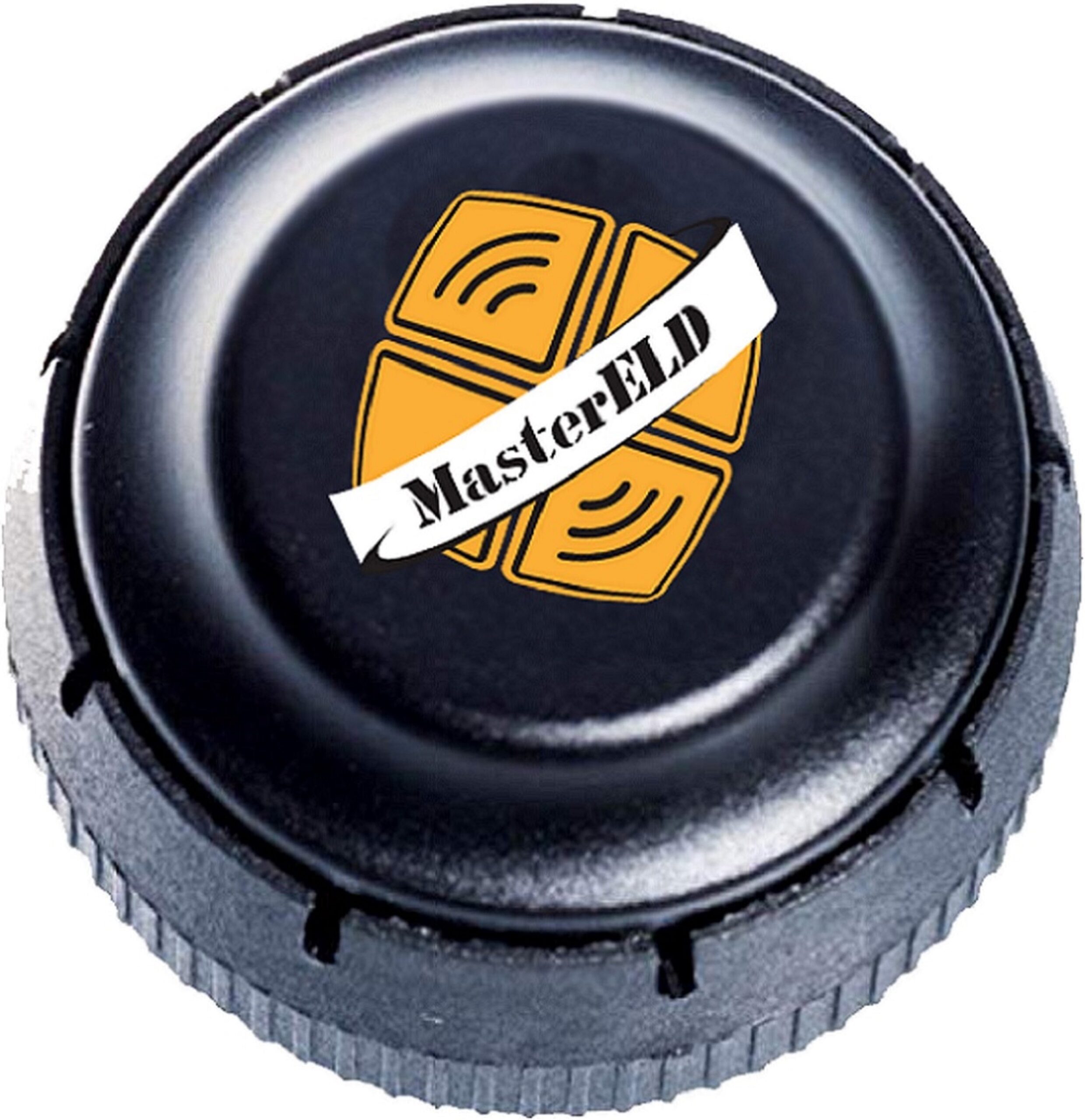The trucking industry plays a vital role in the global economy, ensuring goods are transported efficiently and reliably. Over the years, technology has revolutionized various aspects of this industry, and one significant development is the implementation of Electronic Logging Devices (ELDs). In this blog post, we will explore the impact of ELDs in the trucking world, focusing on their benefits, regulatory requirements, and the implications for drivers and fleet operators.
- What are Electronic Logging Devices (ELDs)? Electronic Logging Devices, or ELDs, are electronic systems installed in commercial vehicles to record and monitor the driver’s hours of service (HOS) electronically. They replace traditional paper logbooks, automating the process and providing accurate and real-time data on drivers’ activities and compliance with Hours of Service regulations.
- Benefits of ELD Implementation: a) Enhanced Compliance: ELDs ensure that drivers and fleets comply with the Hours of Service regulations mandated by the Federal Motor Carrier Safety Administration (FMCSA). They track driving time, rest breaks, and other essential data, reducing instances of non-compliance and promoting safer driving practices. b) Accurate Recordkeeping: ELDs eliminate the need for manual logbooks, reducing the potential for errors or falsification of records. The automated tracking and recording of data ensure accurate and reliable reporting, facilitating audits and inspections. c) Improved Safety: By monitoring drivers’ hours and enforcing rest periods, ELDs contribute to safer roadways. Fatigue-related accidents can be reduced as drivers have a better understanding of their allowable driving time and mandated breaks. d) Operational Efficiency: ELDs provide real-time data on drivers’ hours, enabling fleet managers to optimize scheduling, plan routes more efficiently, and minimize downtime. This data-driven approach can enhance productivity and reduce operational costs.
- Regulatory Requirements: The implementation of ELDs in the trucking industry is primarily driven by federal regulations. In the United States, the FMCSA introduced the ELD mandate, which requires commercial drivers to use ELDs instead of paper logs to record their HOS. The mandate specifies technical requirements and compliance deadlines for carriers and drivers.
- Impact on Drivers: ELDs have both positive and negative implications for drivers. While initially met with some resistance, many drivers have recognized the benefits of ELDs in terms of increased accuracy, reduced paperwork, and improved compliance. However, there are concerns about potential challenges such as a perceived loss of flexibility and increased pressure to meet strict schedules.
- Implications for Fleet Operators: For fleet operators, the adoption of ELDs has brought significant changes to operations. It requires investing in ELD hardware and software, training drivers on the new systems, and implementing policies and procedures to ensure compliance. However, the benefits of improved efficiency, better compliance, and enhanced safety far outweigh the initial implementation challenges.
- Adapting to the ELD Era: The transition to ELDs represents a significant shift in the trucking industry. It is crucial for drivers, fleet operators, and other stakeholders to adapt and embrace this technological advancement. Companies should provide comprehensive training and support to drivers, establish efficient communication channels, and leverage the data provided by ELDs to optimize operations and improve overall performance.
Electronic Logging Devices (ELDs) have become a fundamental tool in the trucking industry, revolutionizing how drivers track their hours and ensuring compliance with regulatory requirements. Despite initial concerns, ELDs offer numerous benefits, including enhanced safety, improved accuracy, and increased operational efficiency. The trucking world continues to evolve, and embracing ELDs is a crucial step toward a more streamlined, compliant, and data-driven industry.



Comments are closed